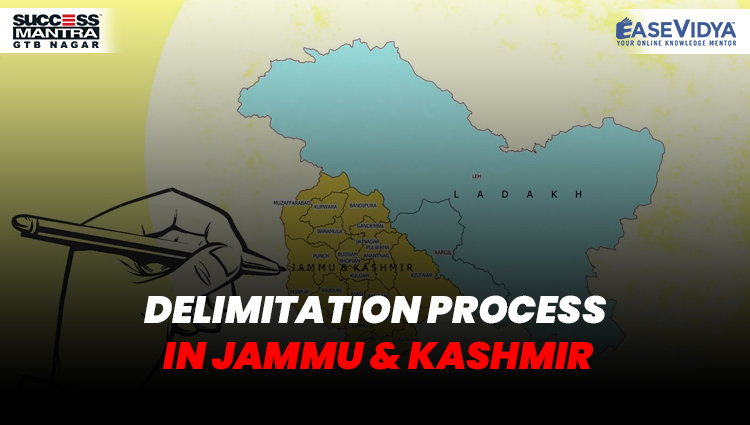
DELIMITATION PROCESS IN JAMMU AND KASHMIR
DELIMITATION PROCESS IN JAMMU & KASHMIR
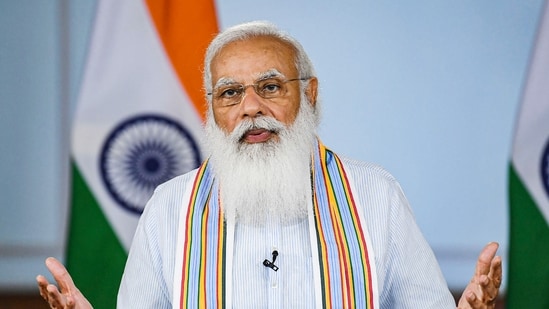
Prime Minister Narendra Modi is expected to hold an all-party meeting to discuss the delimitation process in Jammu and Kashmir in New Delhi. The centre has invited 14 key political leaders from Jammu and Kashmir for the meeting including political heavyweights such as Congress’ Ghulam Nabi Azad, National Conference leaders Farooq Abdullah and Omar Abdullah and PDP chief Mehbooba Mufti. The discussions are speculated to involve the delimitation exercise in Jammu and Kashmir and the possible scheduling of Assembly Elections, which are expected to be held soon in the union territory.
This is the first time that the centre has made an attempt to reach out to the political parties in J&K after the abrogation of Article 370 in 2019 and the bifurcation of the erstwhile state into two Union Territories—J&K and Ladakh. Several senior political leaders were put under preventive detention before the move including PDP chief Mehbooba Mufti and NC President Farooq Abdullah and his son Omar Abdullah. They were finally released last year.
PROCESS OF DELIMITATION
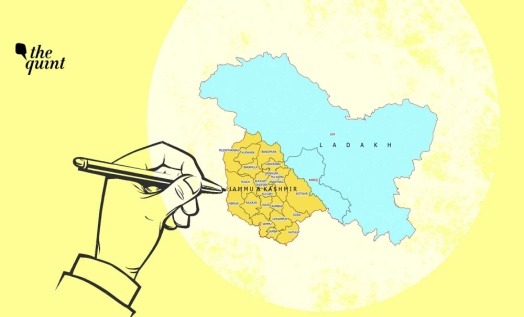
Delimitation is the act of fixing or redrawing the limits or boundaries of territorial constituencies (Assembly or Lok Sabha seat) in a country or a province having a legislative body, as per the Election Commission. The delimitation exercise is carried out by an independent high-powered panel known as the Delimitation Commission whose orders have the force of law and cannot be questioned by any court. The exercise has been carried out over the years to redefine the area of a constituency-based on its population size (based on the last Census). Aside from changing the limits of a constituency, the process may result in change in the number of seats in a state. This exercise also involves reservation of Assembly seats for Scheduled Castes (SCs) and Scheduled Tribes (STs) in accordance with the Constitution.
Aim: The key aim is to have equal representation to equal segments of the population in order to ensure a fair division of geographical areas so that all political parties or candidates contesting elections have a level playing field in terms of a number of voters.
CONSTITUTIONAL BASIS FOR DELIMITATION:
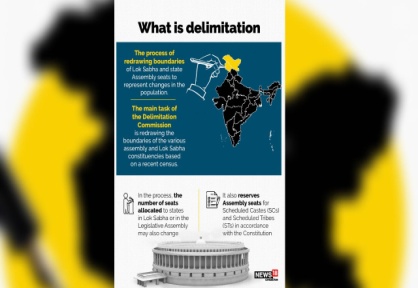
- Under Article 82, the Parliament enacts a Delimitation Act after every Census.
- Under Article 170, States also get divided into territorial constituencies as per Delimitation Act after every Census. Once the Act is in force, the Union government sets up a Delimitation Commission. However, the first delimitation exercise was carried out by the President (with the help of the Election Commission) in 1950-51.
- The Delimitation Commission Act was enacted in 1952. Delimitation Commissions have been set up four times — 1952, 1963, 1973 and 2002 under the Acts of 1952, 1962, 1972 and 2002.
- There was no delimitation after the 1981 and 1991 Censuses.
- Delimitation Commission: The Delimitation Commission is appointed by the President of India and works in collaboration with the Election Commission of India.
Composition:
- Retired Supreme Court judge
- Chief Election Commissioner
- Respective State Election Commissioners.
DELIMITATION IN JAMMU & KASHMIR
The delimitation exercise in J&K in the past has been slightly different from those in the rest of the country because of the region's special status. The delimitation of Lok Sabha seats was then governed by the Indian Constitution in J&K, but the delimitation of Assembly seats was governed separately by the Jammu and Kashmir Constitution and Jammu and Kashmir Representation of the People Act, 1957. However, Jammu and Kashmir lost its special status and was divided into two Union Territories (J&K and Ladakh) after the abrogation of its special status under Article 370, on 5th August, 2019. Following this, a special delimitation commission was constituted on 6th March, 2020 to carve out Assembly and Parliament seats in the UT.
Issues with Delimitation: States that take little interest in population control could end up with a greater number of seats in Parliament. The southern states that promoted family planning faced the possibility of having their seats reduced. In 2002-08, Delimitation was done based on the 2001 census, but the total number of seats in the Assemblies and Parliament decided as per the 1971 Census was not changed. The Constitution has also capped the number of Lok Shaba & Rajya Sabha seats to a maximum of 550 & 250 respectively and increasing populations are being represented by a single representative.
The Delimitation Commission set up for J&K is headed by Justice (retired) Ranjana Prakash Desai and comprises election commissioner and the state election commissioner as members along with five associate members -Union Minister Jitendra Singh, MP Jugal Kishore Singh, National Conference leaders Dr. Farooq Abdullah, Hasnain Masoodi and Mohammad Akbar Lone. The commission has been mandated to delimit the constituencies of the Union Territory in accordance with the provisions of part V of the Jammu and Kashmir Reorganisation Act, 2019 (34 of 2019) and the provisions of the Delimitation Act, 2002 (33 of 2002). The number of constituencies in J&K is now expected to be raised from 107 to 114 but this also takes into account 24 seats falling under Pakistan-occupied Kashmir (PoK), as per the J-K Reorganisation Bill, 2019, introduced in Parliament in August 2019 by Home Minister Amit Shah. Earlier, the effective strength of the Jammu and Kashmir Assembly was 87, excluding the vacant PoK seats and including four seats falling in the Ladakh region. Ladakh is now a separate union territory with no legislature.
BACKGROUND
The delimitation commission had called for a meeting in February 2021 but only two out of its five associate members attended the meeting. All three National Conference leaders Dr. Farooq Abdullah and Hasnain Masoodi, MP, and Mohammad Akbar Lone skipped the meeting. The commission had then in June 2021 written to 20 district commissioners seeking details on various aspects including intra-district demographic distribution, population density distribution, topography and the political aspirations of people in the district vis-a-vis constituencies.
TEST YOURSELF
Q.1 The Delimitation Commission is appointed by the _____________ and works in collaboration with the Election Commission of India.
- President of India: ANSWER
- Prime Minister of India
- Chief Election Commissioner
- Delimitation Commissioner
Q.2 Which of the following statements is correct about the orders issued by the Delimitation Commission?
- They are scrutinized by the committee constituted for the same.
- They are subject to judicial review.
- They are final and can't be challenged in any court of law: ANSWER
- None of the following
Q.3 In context of the constitutional and legal provisions for delimitation consider the following statements & state which of the following statements is/are correct?
- Article 330, reservation of seats for scheduled castes and scheduled tribes in the House of the representatives.
- Article 332, reservation of seats for scheduled castes and scheduled tribes in the Legislative Assemblies of the states.
- Only I follows
- Only II follows: ANSWER
- Both I & II follows
- Neither I nor II follows
Q.4 Consider the following statements.
- The duty of delimitation is assigned to a high power body called the Delimitation Commission.
- It’s order has the force of law and be called in question only before the Supreme Court.
- So far, Delimitation Commissions have been constituted 4 times.
Which of the statements given above is/are correct?
- I & II follows
- Only II follows
- I & III follows
- All of the above
Q.5 Which of the following given statements is/are incorrect in the reference to the Election Commission of India?
- It is a permanent and independent body
- It is responsible for getting conduct the elections of President, Vice President and Municipal Corporations: ANSWER
- Article 324 of the Constitution envisages the provisions relating to the Election Commission
- None of the above










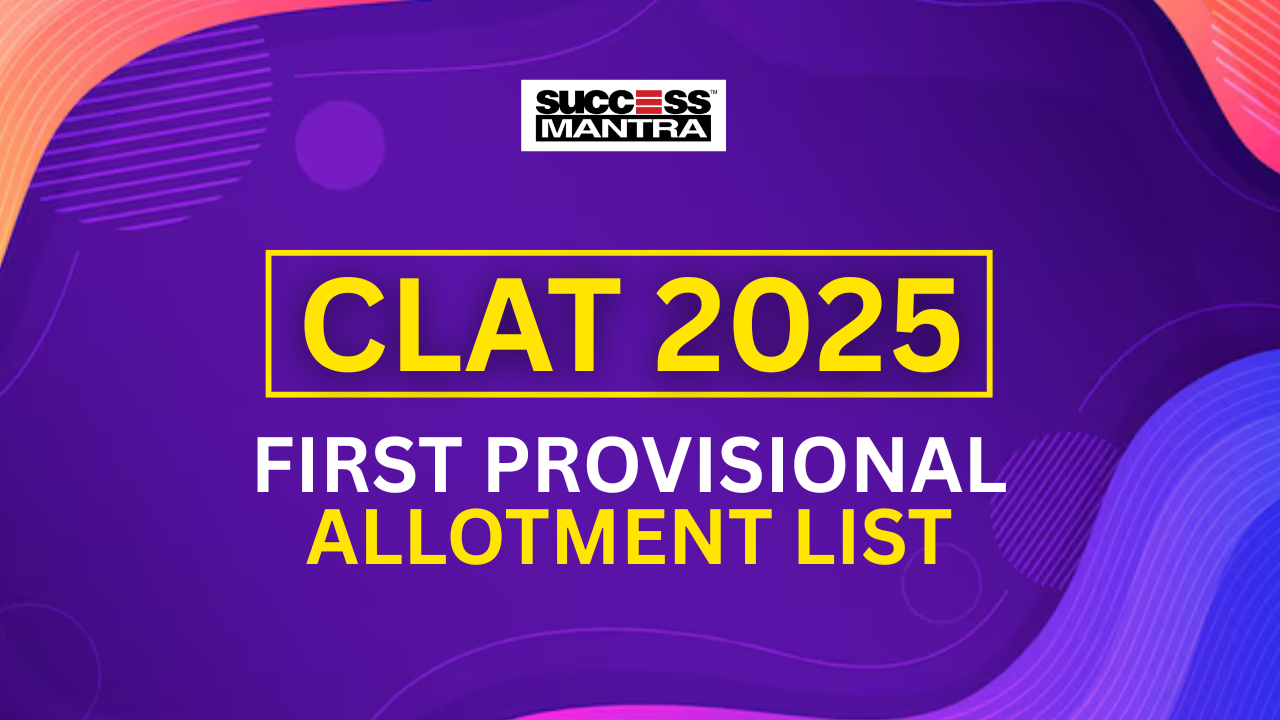


0 Comment